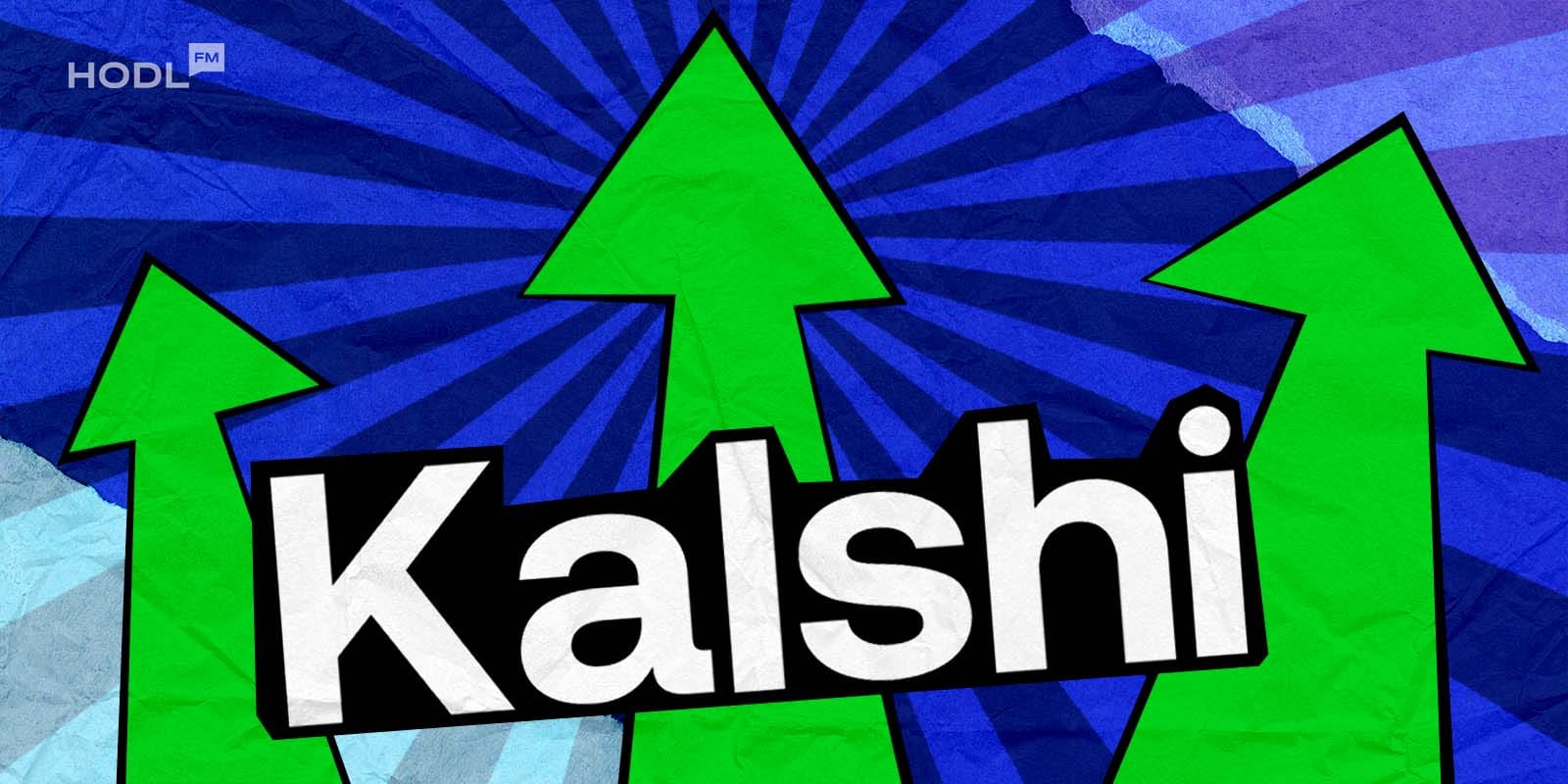Cameron and Tyler Winklevoss have made a new bet in the digital asset market, turning their attention toward Zcash as concerns around data exposure grow alongside advances in artificial intelligence.
Privacy takes center stage
Zcash first emerged in 2016 as a Bitcoin-derived protocol that introduced encrypted transfers using zero-knowledge proofs. For several years, it moved quietly compared with the trading activity surrounding Bitcoin and Ethereum. That changed in 2025 as the token’s price climbed and discussions about privacy returned to the spotlight.
The twins helped push that change through the launch of Cypherpunk, a digital asset treasury company designed to acquire and hold ZEC. The firm has raised $100 million and intends to accumulate a meaningful share of the circulating supply.
It already controls more than 230,000 ZEC, according to public disclosures.
During the Bitcoin conference in Amsterdam, the Winklevosses said that the growing influence of AI accelerated their decision to focus on a privacy-oriented asset. Their view is that AI has made personal information more accessible than ever, and financial data may face similar exposure without tools that allow users to transact discreetly.
“The catalyst for Bitcoin was very much the financial crisis of 2008, and the catalyst for privacy is the dawn of the age of AI.”
Tyler Winklevoss described Zcash as an encrypted counterpart to Bitcoin: the latter serves as long-term savings, while the former enables private transfers when needed. That distinction shaped the treasury strategy behind Cypherpunk.
“We’re huge fans of Bitcoin. We’re hodlers, of course, and also huge fans of Zcash, which we view as encrypted Bitcoin. Bitcoin is where you store your value, and Zcash is where you transact or spend your value, and so we launched a DAT for Zcash, and we’re really dedicated to privacy and self-sovereignty this week to help mainstream these ideas,” Tyler Winklevoss said.
How Bitcoin and Zcash fit together
For the twins, the relationship between the two networks is not competitive. They argued that Bitcoin could someday support stronger privacy features through opcode changes and other future upgrades, but Zcash already provides that capability at the base layer. In their view, both networks can coexist because they solve different problems.
Their outlook contrasts with the stance taken by some early Bitcoin adopters who rejected alternative protocols outright. The Winklevosses have long taken a broader view. When Ethereum introduced programmable smart contracts, they saw it as a separate track of development rather than a challenge to Bitcoin’s position. That philosophy has now shaped their backing of Zcash.
Not everyone is convinced. Zcash has been through long stretches of low activity since its launch, and critics have questioned whether the recent surge reflects durable demand. The twins acknowledged the slow early years but pointed to moments in Bitcoin’s history that followed a similar pattern. One example they cited was the spike in 2013, when the banking crisis in Cyprus pushed new users toward alternatives to traditional accounts.
The rapid expansion of AI is creating a different kind of pressure today: people are more aware of how much information they reveal through daily interactions with digital systems. That awareness has drawn fresh attention to privacy-preserving tools, including Zcash.
Developers who have worked on the protocol for years, such as Zooko Wilcox, have noted a shift in sentiment within the community.
A broader view of crypto development
The Winklevoss twins became widely known in the crypto world after their early purchase of roughly 100,000 BTC, a position reported in 2013 when Bitcoin traded near $120. Their investment style, however, has not stayed confined to one network. They have supported different projects as new approaches to blockchain design emerged.
Their reasoning remains consistent: breakthroughs tend to arrive through experimentation, and one protocol rarely satisfies every need. Bitcoin introduced a working model for decentralized money. Ethereum added the flexibility of programmable logic. Zcash concentrates on private transactions. These developments build on each other rather than replace what came before.
In their view, innovation in separate directions ultimately strengthens the digital asset market as a whole.

Disclaimer: All materials on this site are for informational purposes only. None of the material should be interpreted as investment advice. Please note that despite the nature of much of the material created and hosted on this website, HODL FM is not a financial reference resource, and the opinions of authors and other contributors are their own and should not be taken as financial advice. If you require advice. HODL FM strongly recommends contacting a qualified industry professional.




